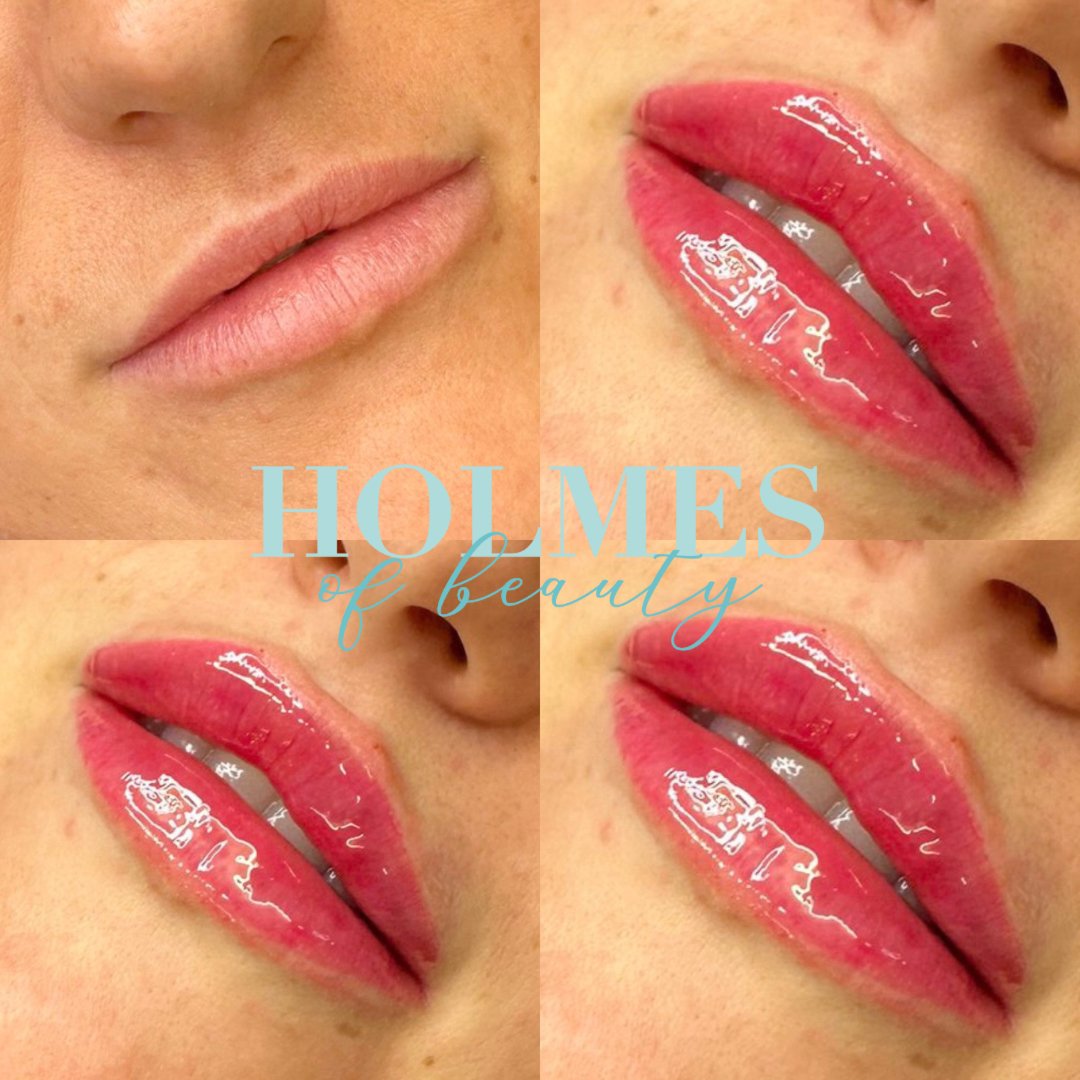Everything you need to know about Dermal Fillers…
Everything you need to know about Dermal Fillers…
Dermal fillers are an increasingly popular cosmetic procedure for those who want to achieve smooth, youthful skin.
They are designed to diminish the appearance of fine lines and wrinkles, combatting the visible signs of ageing.
If you’re considering dermal fillers but want to know more, this comprehensive guide should help to answer everything you need to know…
What are dermal fillers?
Dermal fillers are small hyaluronic acid injections, using a gel made of synthetic or natural substances, which are used to correct skin conditions by adding volume to soft tissue.
Hyaluronic acid: A natural substance found in the eyeballs, joints and skin. Capable of holding 1000x its weight in water, Hyaluronic facial fillers help to plump, maintain shape and hydrate the skin.
Injected into the dermis layer of the skin, they can be used to fill in wrinkles, creases and folds anywhere on your face – including around the eyes, cheeks, mouth and jawline.
Dermal filler can also be administered directly into the lip tissue to plump and enhance their appearance.
How do dermal fillers work?
From the age of 25 onwards, our collagen and elastin levels (which help keep skin looking young) start to decline, causing a loss of volume.
Dermal fillers are naturally occurring acids which are injected into the dermis with fine needles to add plumpness and restore lift. They replenish the natural collagen and elastin, which is not produced because of the ageing process, rejuvenating skin to make it appear firmer, younger and fresher.
How long do dermal fillers last?
The effects usually last between six to 12 months - depending on how your body reacts and which type of filler is used.
Once your desired look is achieved, it’s usually advisable to have a top-up treatment to maintain it.
Hyaluronic acid fillers are naturally broken down by the body after about six months so the effects normally fade away without any long-term risks.
Is there a difference between Botox and dermal filler?
Yes. Dermal fillers are injected below wrinkles to plump and smooth skin for a youthful look. Botox freezes small muscles to prevent them from making the movements which cause wrinkles.
Can bad dermal fillers be resolved?
In most cases, minor adjustments can be made to provide better balance or improve the overall appearance.
If you're really unhappy with the final result, an enzyme can be injected to help dissolve hyaluronic acid fillers.
Do dermal fillers hurt?
As with any needle procedure, patients may experience some slight discomfort whilst the filler is being injected.
Anaesthetic cream is applied before treatment to create a numbing effect and alleviate as much pain as possible.
Who are dermal filers not suitable for?
Although dermal fillers are regarded as a safe aesthetic procedure, they are not suitable for:
Breastfeeding mums
Pregnant women
People with autoimmune diseases
At Holmes of Beauty, this is why we believe it’s important to offer an in-depth consultation with a medical practitioner prior to treatment as it can help ensure which dermal filler is right for you. Sometimes, we also recommend similar or alternative treatments instead.
If you are planning to receive dental work or teeth whitening, it’s advisable to leave at least week between each treatment as the pressure and stretching of the face could potentially misplace your dermal fillers.
Do dermal fillers have side effects?
Swelling and redness are to be expected. Itching, bruising and tenderness may also occur at the injection location afterwards.
These are natural reactions, mild to moderate in terms of pain, which should last a few hours but no more than a few days.
Tissue infections and sores are extremely rare. But as part of our brilliant aftercare service, we are on hand to help if any problems do arise – and also offer a 24-hour telephone service to help allay any worries. If necessary, antibiotics can be used should a problem escalate.
Will I need any specialist aftercare?
Anyone who undergoes dermal filler treatment should avoid:
Wearing makeup or products – for 12 hours
Alcohol, aspirin and ibuprofen - for 24 hours
UV light, sunlight, saunas & steam rooms - for 48 hours
Dental work or teeth whitening - for 7 days
Rubbing or massaging the treated area – for 14 days (causes unevenness)
Extremely strenuous physical exercise and activities – for 48 hours
As part of your bespoke treatment plan, our beauty therapists will advise you of any suitable aftercare products.



